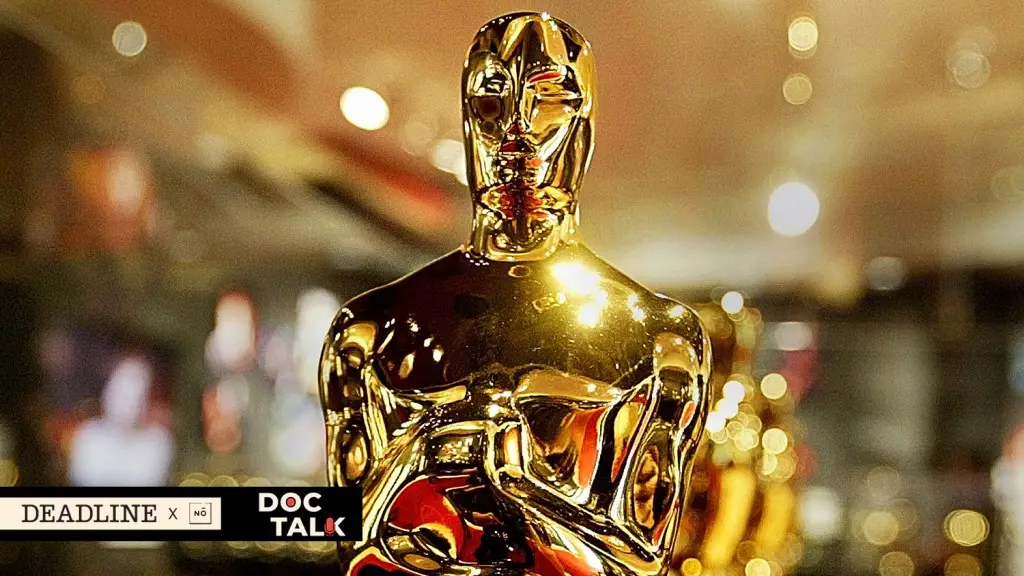In the contemporary landscape of documentary filmmaking, there is an unmistakable shift towards politically charged, socially relevant stories that resonate with the global zeitgeist. Recent Oscar winners such as *No Other Land*, *20 Days in Mariupol*, and *Navalny* exemplify this trend — films that do not merely document events but actively challenge viewers to confront uncomfortable truths. These works serve as powerful catalysts for awareness, often aligned with urgent crises like war, political repression, or social injustice. However, their prominence raises questions about whether the Academy is favoring narratives that are inherently confrontational or if those are simply the stories that demand global attention. The cultural significance of these films underscores a broader shift toward cinema as activism rather than passive storytelling.
While political and war-centric documentaries continue to dominate the awards scene, a compelling countercurrent emerges — films that engage audiences through rhythm, music, or social commentary without necessarily delivering a direct political message. The 2022 Oscar winner *Summer of Soul* demonstrated that a film rooted in cultural history and shared human experience can strike a universal chord, even amid a field dominated by urgent titles. This suggests that future winners might not only reflect current crises but also embrace narratives that inspire hope, cultural pride, or personal growth wrapped in compelling storytelling.
The Changing Face of Oscar Contenders: From Investigations to Personal Stories
Emerging alongside this trend are films that deepen in investigative rigor or explore personal journeys, offering nuanced perspectives beyond broad political statements. Directors like Mstyslav Chernov and Questlove—who respectively follow their acclaimed works with *2000 Meters to Andriivka* and *Sly Lives!*—illustrate how personal narratives intertwined with historical or cultural themes can be equally potent. Chernov’s focus on the ongoing conflict in Ukraine humanizes the war’s toll, while Questlove’s musical and cultural explorations extend the conversation beyond immediate political turmoil to celebrate resilience and creativity.
Furthermore, the potential inclusion of documentaries centered on investigative journalism—like *Antidote*, which examines the poisoning of Navalny—signals a recognition of journalism’s critical role in shaping social consciousness. Such films serve as both historical records and active calls for justice, aligning well with the Oscars’ recent penchant for stories that challenge systemic issues. These works underscore that compelling personal or investigative stories can resonate profoundly, especially when they unveil truths that others might overlook or fear to expose.
The Evolution of Audience Engagement and Future Oscar Predictions
What becomes clear is that the landscape of documentary filmmaking is vibrant and unpredictable. Films like Brittany Shine’s *Seeds* — despite not having distribution yet — and Reid Davenport’s *Life After* exemplify how innovative storytelling spans genres and perspectives, capturing awards attention and audiences alike. The inclusion of titles exploring Israeli-Palestinian relations or societal shifts in authoritarian regimes indicates a growing appetite for global, multi-layered narratives.
Looking ahead, the Oscars may well reward documentaries that combine investigative depth with artistic innovation, delivering powerful messages wrapped in engaging cinematic forms. The upcoming contenders are likely to challenge the boundaries of traditional storytelling, making space for works that not only inform but also inspire emotional and moral engagement. It’s an evolving arena where the most memorable films will be those that deftly balance urgency with storytelling finesse—films that compel viewers not just to watch, but to act.
Ultimately, the future of Oscar-winning documentaries hinges on their capacity to mirror our most profound questions about humanity, justice, and resilience. Whether rooted in political upheaval, cultural celebration, or personal revelation, these films shape the discourse and often hold the power to spark real-world change.

